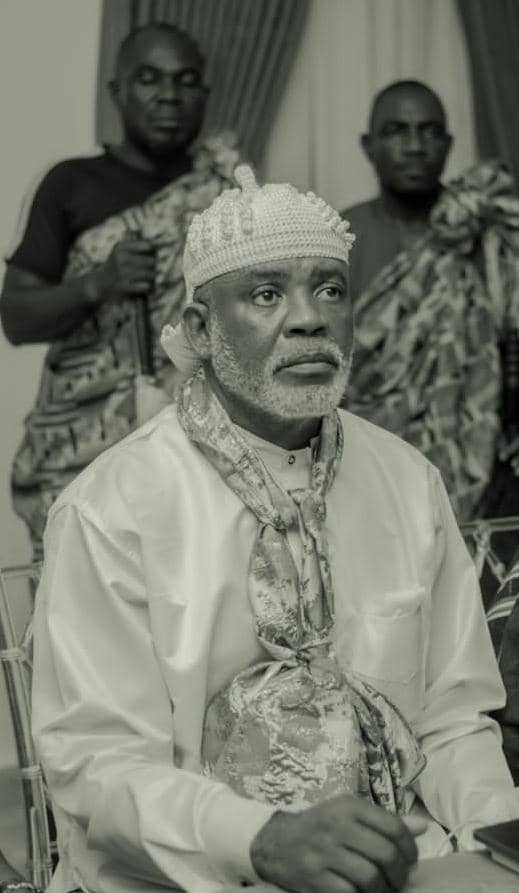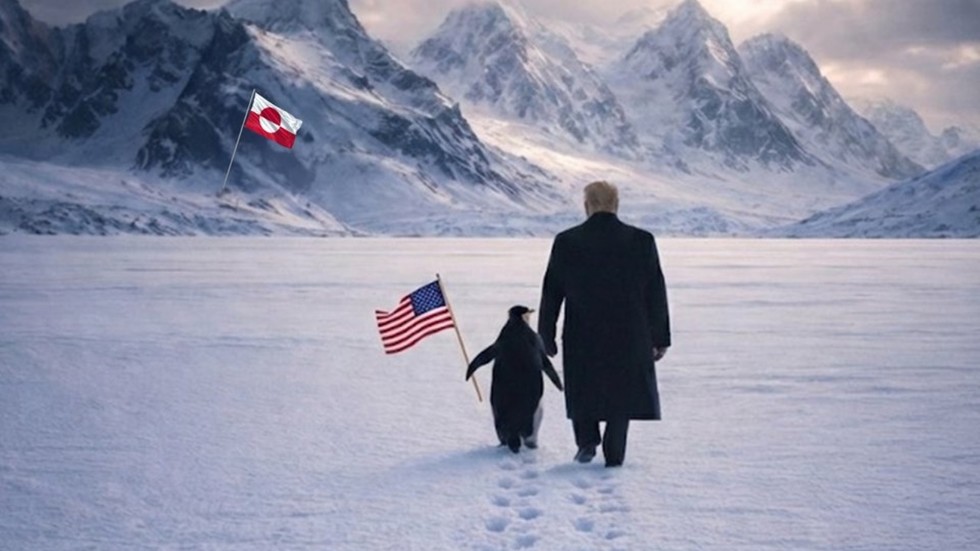Local activists in Talodi, South Kordofan, are raising concerns about the surge in gold mining activities and the use of harmful chemicals by mining companies. The increase in mining mixers and the use of toxic substances like thiourea have led to environmental and health hazards, as well as allegations of exploiting the region’s conflict situation for profit.
The rise in gold extraction has raised alarms, with activists attributing birth deformities and animal deaths in the area to the use of banned chemicals and improper waste disposal. The mining waste containing heavy metals poses a long-term threat to the environment. Additionally, the indiscriminate use of hazardous chemicals without protective measures has exposed millions of Sudanese citizens to lethal risks.
Despite a 2020 directive to stop using thiourea in mining operations, regional companies continue to violate regulations and accelerate their activities. Locals have reported facing intimidation tactics, including threats of liquidation and imprisonment, when voicing dissent against these practices.
Furthermore, concerns have been raised about the deployment of armed individuals by mining companies to safeguard their sites, hindering locals from monitoring their operations. Sudan, known as the second-largest gold producer in Africa, has witnessed an influx of gold seekers in various regions, leading to unregulated artisanal mining practices.
In response to the unregulated mining, the transitional government in Sudan has taken steps to regulate and control gold production and exports. This includes taking over control of gold mines and establishing state control over gold exports, with plans to establish a Sudanese gold exchange.
The situation in Southern Kordofan reflects a growing global concern about the environmental and social impact of mining, especially in regions affected by conflict. It also highlights the challenges faced in enforcing regulations and protecting communities from hazardous mining practices.



